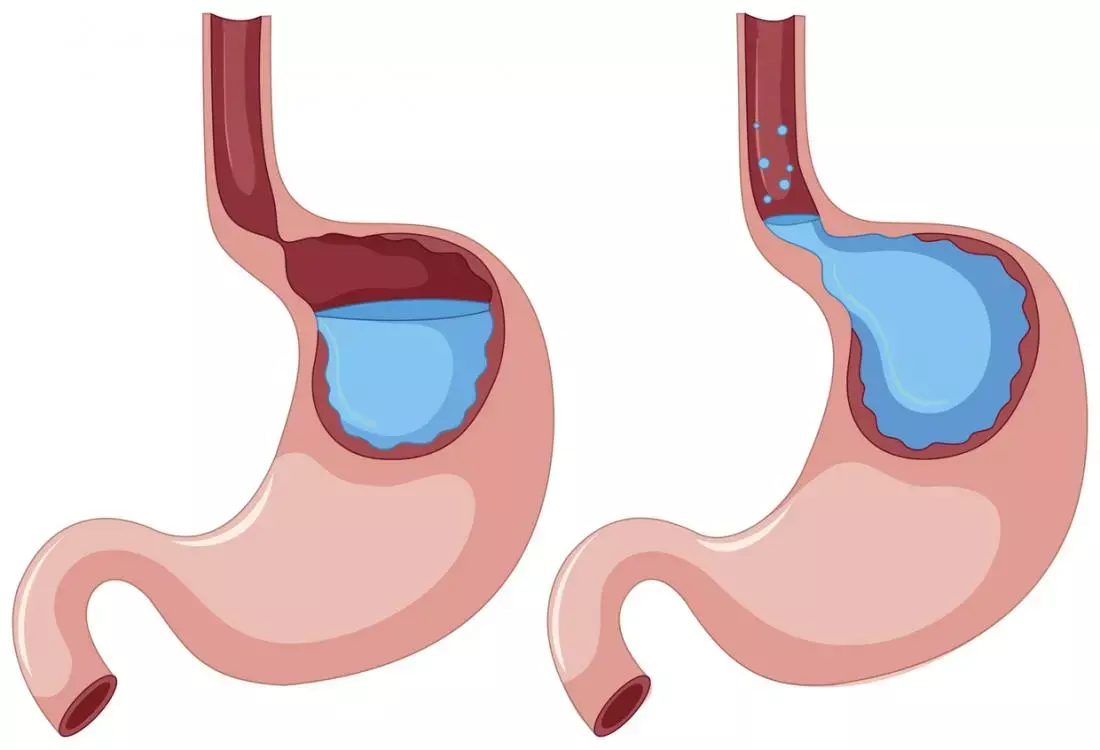- Home
- Medical news & Guidelines
- Anesthesiology
- Cardiology and CTVS
- Critical Care
- Dentistry
- Dermatology
- Diabetes and Endocrinology
- ENT
- Gastroenterology
- Medicine
- Nephrology
- Neurology
- Obstretics-Gynaecology
- Oncology
- Ophthalmology
- Orthopaedics
- Pediatrics-Neonatology
- Psychiatry
- Pulmonology
- Radiology
- Surgery
- Urology
- Laboratory Medicine
- Diet
- Nursing
- Paramedical
- Physiotherapy
- Health news
- Fact Check
- Bone Health Fact Check
- Brain Health Fact Check
- Cancer Related Fact Check
- Child Care Fact Check
- Dental and oral health fact check
- Diabetes and metabolic health fact check
- Diet and Nutrition Fact Check
- Eye and ENT Care Fact Check
- Fitness fact check
- Gut health fact check
- Heart health fact check
- Kidney health fact check
- Medical education fact check
- Men's health fact check
- Respiratory fact check
- Skin and hair care fact check
- Vaccine and Immunization fact check
- Women's health fact check
- AYUSH
- State News
- Andaman and Nicobar Islands
- Andhra Pradesh
- Arunachal Pradesh
- Assam
- Bihar
- Chandigarh
- Chattisgarh
- Dadra and Nagar Haveli
- Daman and Diu
- Delhi
- Goa
- Gujarat
- Haryana
- Himachal Pradesh
- Jammu & Kashmir
- Jharkhand
- Karnataka
- Kerala
- Ladakh
- Lakshadweep
- Madhya Pradesh
- Maharashtra
- Manipur
- Meghalaya
- Mizoram
- Nagaland
- Odisha
- Puducherry
- Punjab
- Rajasthan
- Sikkim
- Tamil Nadu
- Telangana
- Tripura
- Uttar Pradesh
- Uttrakhand
- West Bengal
- Medical Education
- Industry
GERD Increases Susceptibility to Nontuberculous Mycobacterial Pulmonary Disease

GERD increases susceptibility to nontuberculous mycobacterial pulmonary disease according to a recent study published in the Chest.
Gastroesophageal reflux disease (GERD) is a common comorbidity of nontuberculous mycobacteria (NTM) pulmonary disease (PD). Although GERD is associated with more symptoms and severe disease in patients with NTM PD, whether GERD is associated with an increased risk of NTM PD developing is unknown.
Research Questions:
Does GERD influence the development of NTM PD?
Are there any factors associated with an increased risk of NTM PD among patients with GERD?
What is the impact of NTM PD on the health-care use of patients with GERD?
Data from the Korean National Health Insurance Service National Sample Cohort between 2002 and 2015 were used. The incidence and risk of NTM PD were compared between patients with GERD (GERD cohort; n = 17,424) and patients matched for age, sex, type of insurance, and Charlson Comorbidity Index (matched cohort; n = 69,696). Using the GERD cohort, the factors associated with incident NTM PD also were evaluated.
Results:
- During a median follow-up duration of 5.1 years, the age- and sex-adjusted incidence of NTM PD was significantly higher in the GERD cohort with a subdistribution hazard ratio (HR) of 3.36
- Regarding risk factors associated with NTM PD, age of 60 years or older and bronchiectasis were associated with an increased risk of incident NTM PD in the GERD cohort.
- Compared with patients with GERD who did not demonstrate NTM PD, those with NTM PD showed higher all-cause and respiratory disease-related ED visits or hospitalizations.
GERD is associated with an increased incidence of NTM PD. Older age and bronchiectasis are risk factors for NTM PD in patients with GERD. NTM PD in patients with GERD is associated with increased health-care use.
Reference:
Youlim Kim, Jai Hoon Yoon, Jiin Ryu, Ho Joo Yoon, Hyun Lee, Hayoung Choi, et al. Gastroesophageal Reflux Disease Increases Susceptibility to Nontuberculous Mycobacterial Pulmonary Disease. Published:September 07, 2022DOI:https://doi.org/10.1016/j.chest.2022.08.2228
Dr. Shravani Dali has completed her BDS from Pravara institute of medical sciences, loni. Following which she extensively worked in the healthcare sector for 2+ years. She has been actively involved in writing blogs in field of health and wellness. Currently she is pursuing her Masters of public health-health administration from Tata institute of social sciences. She can be contacted at editorial@medicaldialogues.in.
Dr Kamal Kant Kohli-MBBS, DTCD- a chest specialist with more than 30 years of practice and a flair for writing clinical articles, Dr Kamal Kant Kohli joined Medical Dialogues as a Chief Editor of Medical News. Besides writing articles, as an editor, he proofreads and verifies all the medical content published on Medical Dialogues including those coming from journals, studies,medical conferences,guidelines etc. Email: drkohli@medicaldialogues.in. Contact no. 011-43720751


